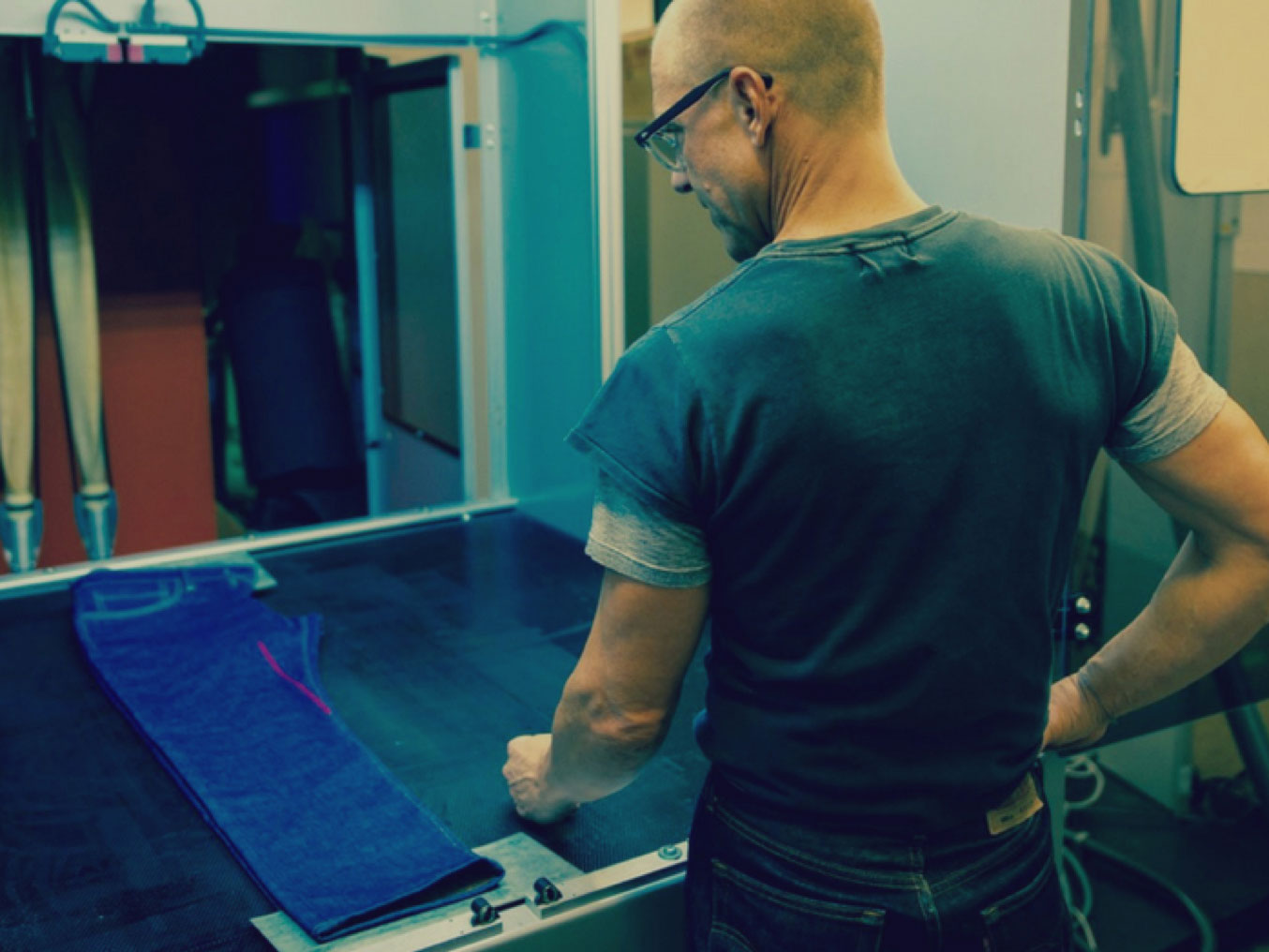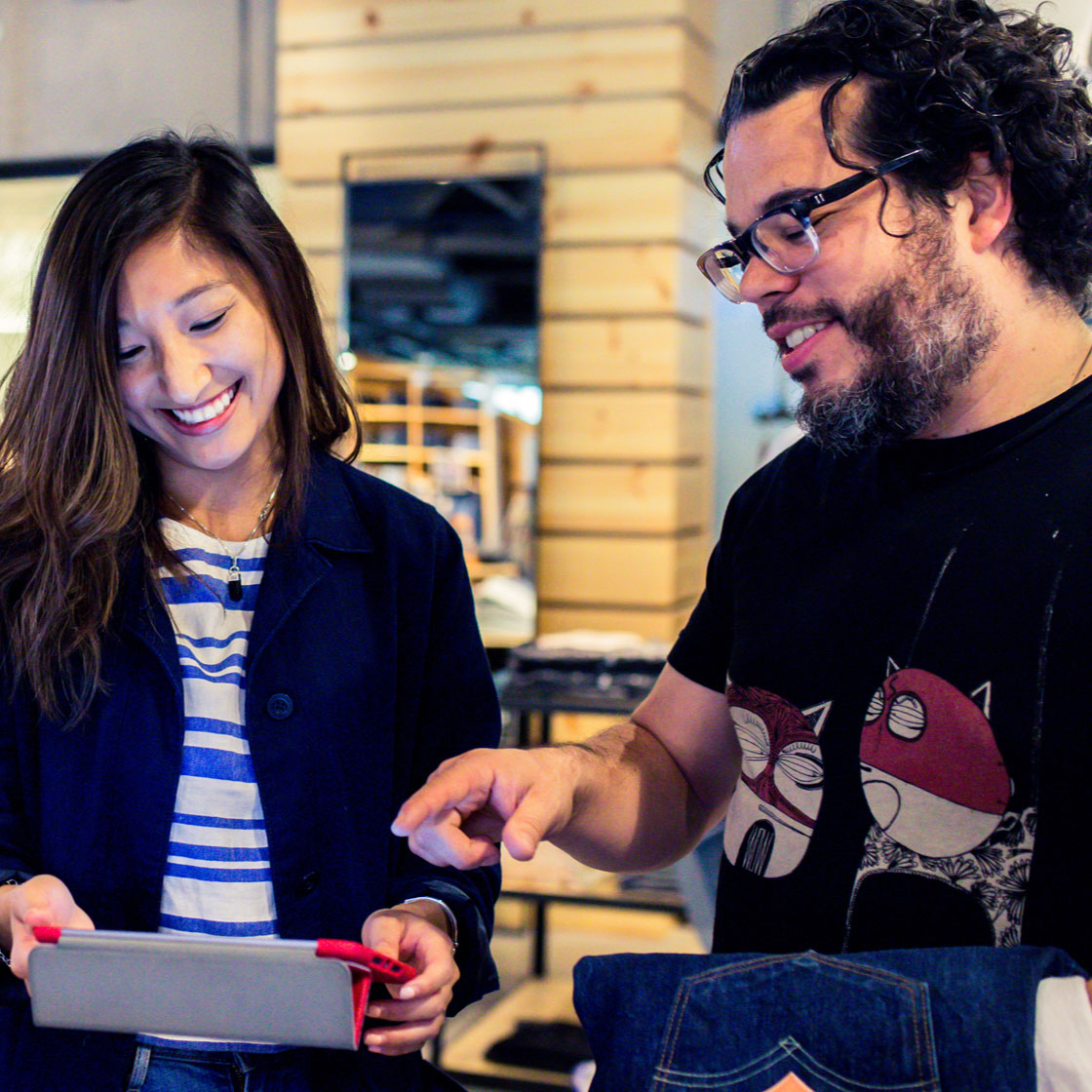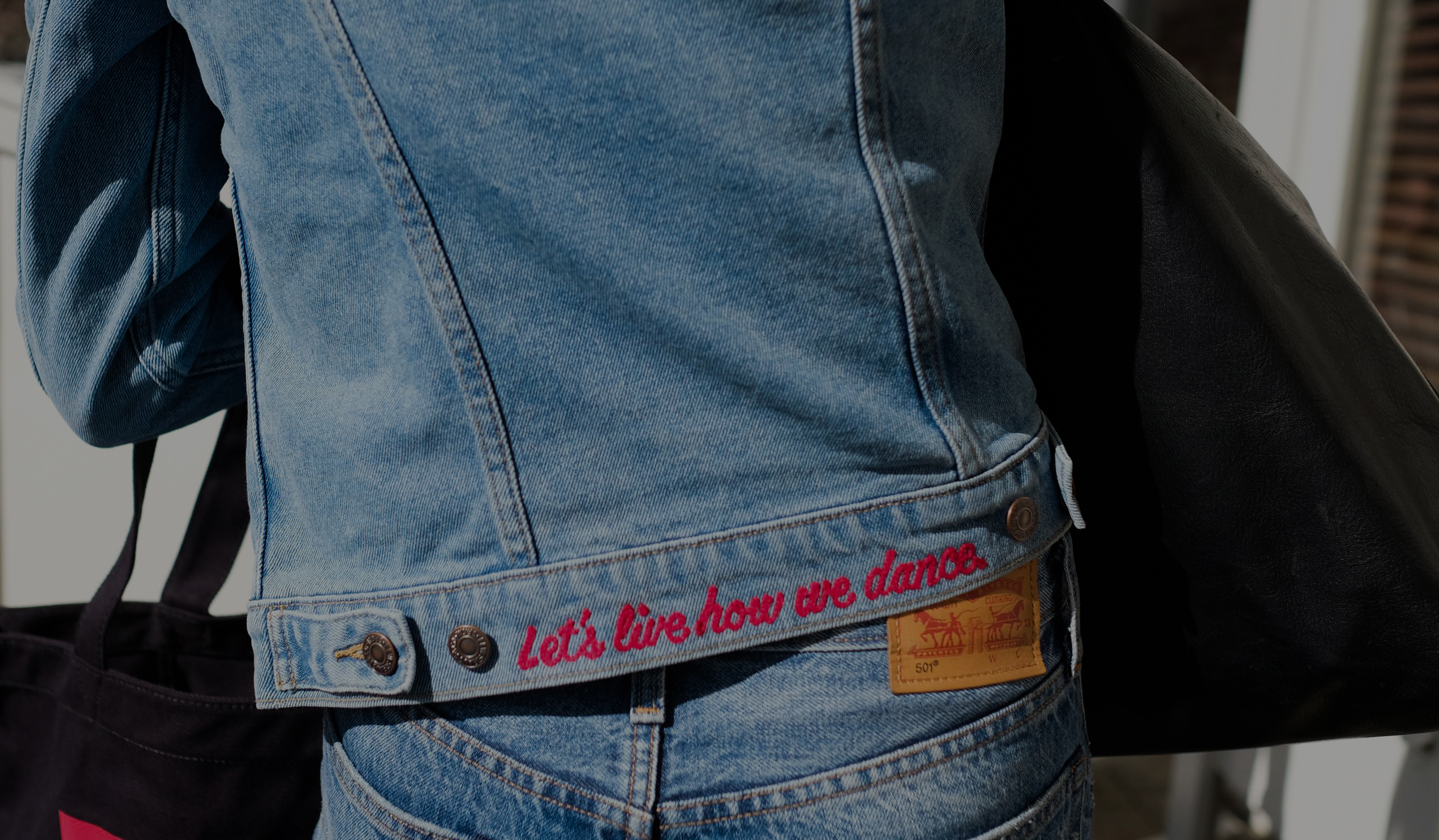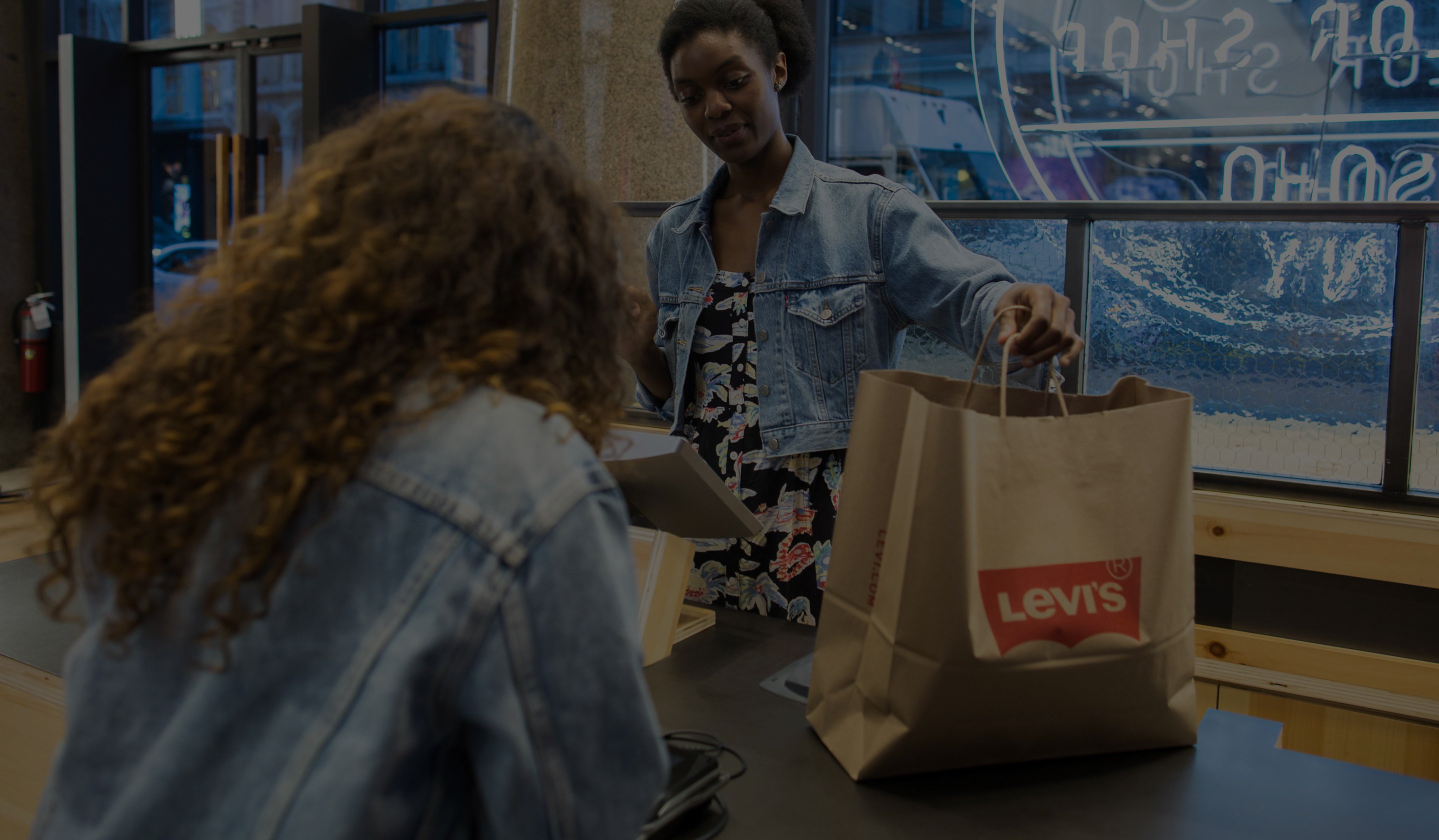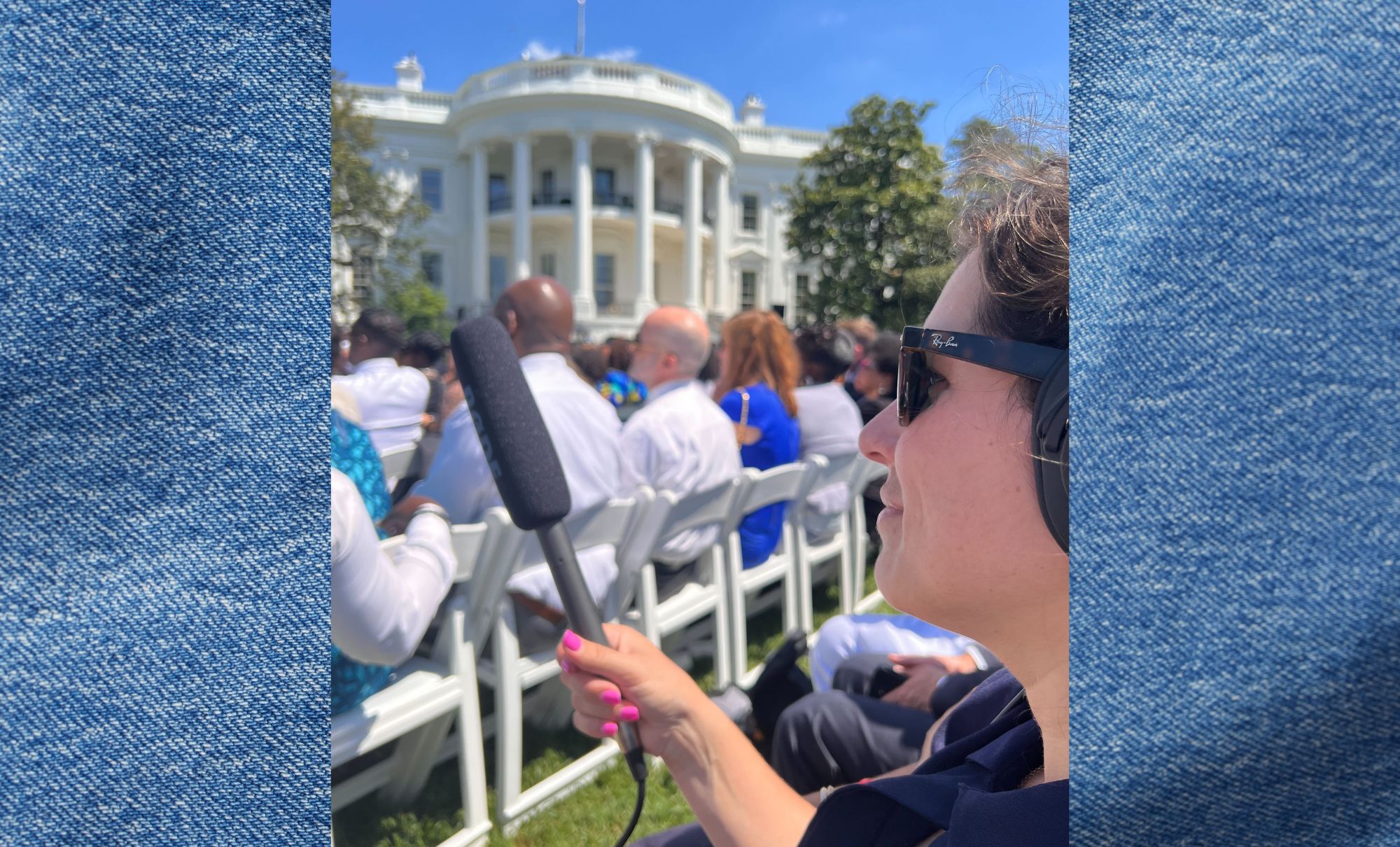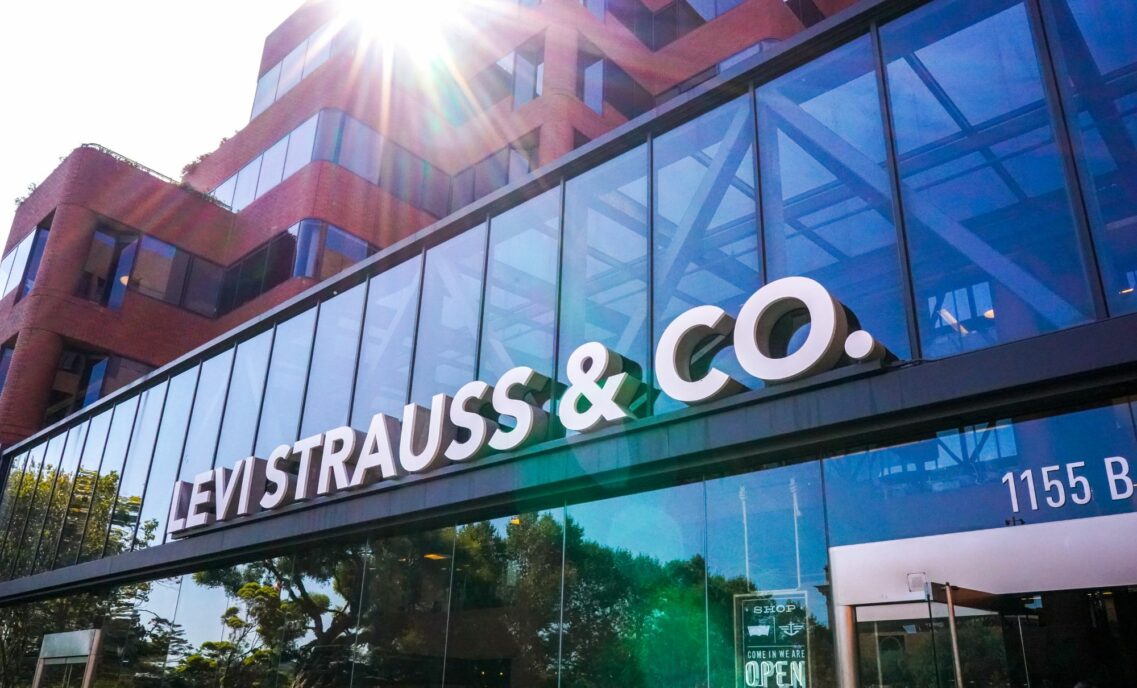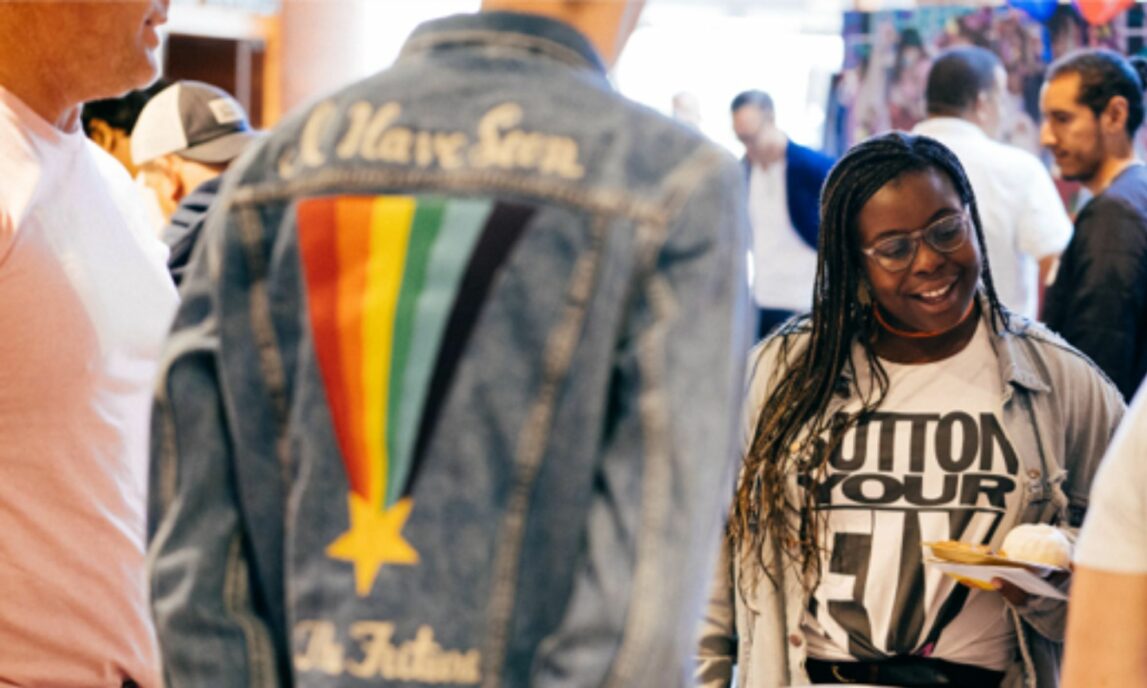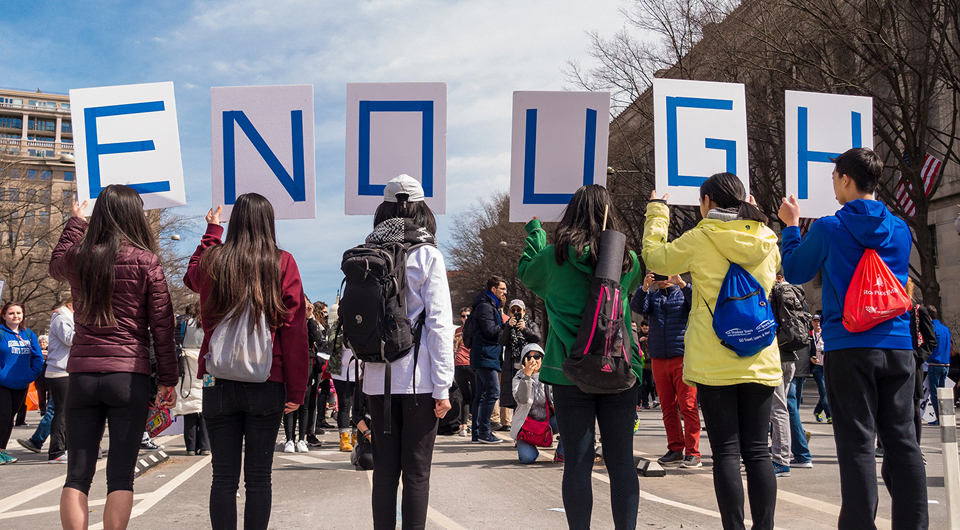One focus of our Safer Tomorrow Fund is to support organizations telling untold and compelling stories tied to gun violence. That led us to help fund the most recent season of the Last Day podcast, produced by Lemonada Media, which was conceived to “talk about what’s killing us, the stuff that’s hard to comprehend and getting worse every day.” While seasons one and two covered the opioid epidemic and suicide, season three took a long look at the causes and consequences of gun violence across the country. We spoke to Stephanie Wittels Wachs, Co-Founder and Chief Creative Officer of Lemonada Media and the host of Last Day, to understand how the show came together, the response it’s gotten, and how it’s changed their perspectives on the issue.
How was this season different from past seasons?
It’s hard to fully articulate how different this season was from past seasons. Before we even began producing the season, we suspected there would be some breaking news regarding guns that we would need to weave in here and there because, well, that’s what happens here, but we had no idea the sheer magnitude that current events would have on the season, and we certainly did not imagine that meaningful legislation would finally come to pass just as we were wrapping up.
Having laid the groundwork in the front half of the season that we need to be thinking about guns in terms of harm reduction and get away from the all or nothing framework that so many of bring to the table around guns, allowed us to pivot pretty seamlessly to Buffalo and Uvalde in the latter half of the season and continue to approach the topic through a solutions-oriented lens, even when we were overwhelmed with collective grief.
You made a concerted effort to listen to people on all sides of this. Why was that important?
This is the crux of Last Day. When we started the show, we always used to say: Heroin doesn’t care who you voted for. And that’s true of suicide, mental health and guns. Approaching these topics through a lens of humanity, empathy and compassion rather than a polarized, political lens allows us to reach people on all sides of an issue, which is truly what we have to do if we want to make any meaningful change.
What kind of feedback have you gotten?
The feedback has been incredible. We were, quite frankly, terrified to dive into such a polarized issue, but we’ve heard from people on all sides of the debate that it has changed their hearts and minds. Approaching these issues from an evidence-based, data-driven place has been immensely helpful in breaking through to people who have different political beliefs. We have been thrilled to hear consistent feedback that the nuance of the issue came through. And then, of course, wrapping the season with the shroud of such horrific mass shootings which finally led to meaningful legislation, so much of which reflected the themes of our work this season, was deeply heart-warming.
In addition to overwhelmingly positive feedback, the show peaked at #1 on Apple’s Relationship Podcasts chart, #1 on Apple’s Society & Culture Podcasts chart, as well as #13 on Apple’s All Podcasts chart. Season 3 was named by Amazon as one of the Best Podcasts of 2022 So Far, and has been featured by Apple, Castbox, Stitcher, and Spotify – where episode 8 was marked as one of the “most shared podcasts episodes” on their platform.
We have also seen incredible press coverage, such as an exclusive feature in the LA Times and stories in the Atlanta Journal-Constitution, Authority Magazine, twice in Podcast the Newsletter, as well as guest appearances on Griefcast, We Should Talk About That, and Red, Blue, Brady.
Did working on this impact how you react to news about either mass shootings or the more “normal” community-based gun violence?
Yes. It’s allowed me to put it into context and understand what’s really going on. Mass shootings are incredibly triggering, scary and stressful, especially ones that are overlapping and in the school setting. As a mother of two young kids, I can’t help but be fully rattled by the headlines. But I now have a ton of data and evidence about what’s actually killing us and the sensational headlines aren’t giving us the full picture, not even close.
It’s continuously surprising how much overlap there is between seasons. It always comes back to unresolved trauma and a lack of resources. In Montana it’s shocking how few resources there are to treat mental health, and Atlanta is dealing with the second largest wealth gap in America, second only to San Juan, PR. So lots of similarities where you imagine there aren’t.
What did you learn about longer-lasting impacts of gun violence for those affected by it?
The impacts of a shooting are life-long and far-reaching. It obviously impacts victims’ immediate families but it also impacts entire communities. We learned a ton about this interviewing Patrick Sharkey for Episode 5 and talking about community-based violence. The personal and community toll is permanent and traumatic. And we simply do not have the mental health resources available in our country to deal with the despair that results. Talking to survivors, hearing them tell their stories was deeply healing for them and life-saving for our listeners.
We are so grateful for the work we were able to do this season.


